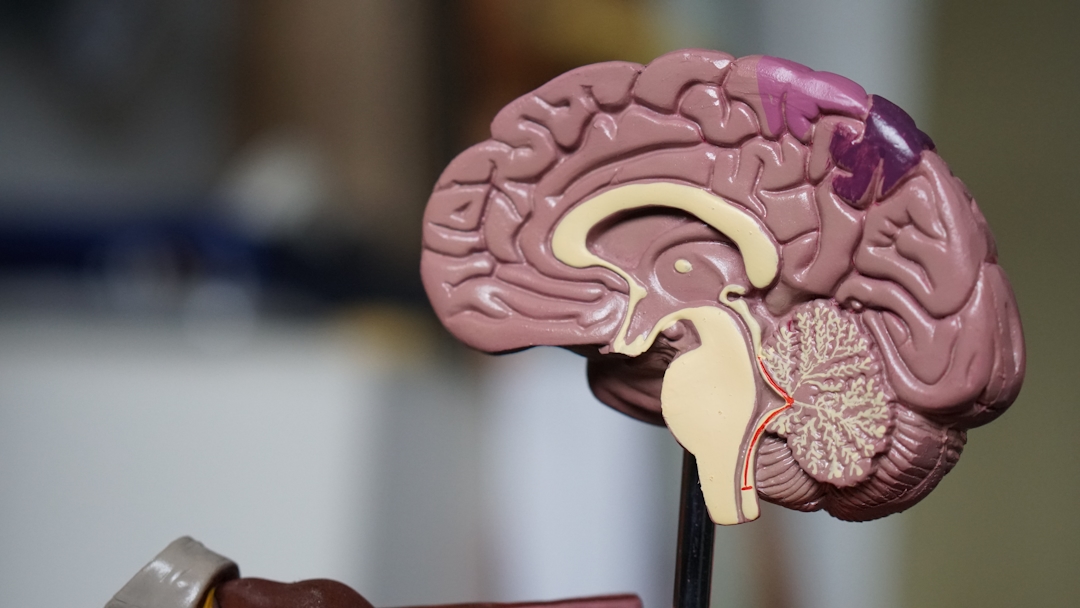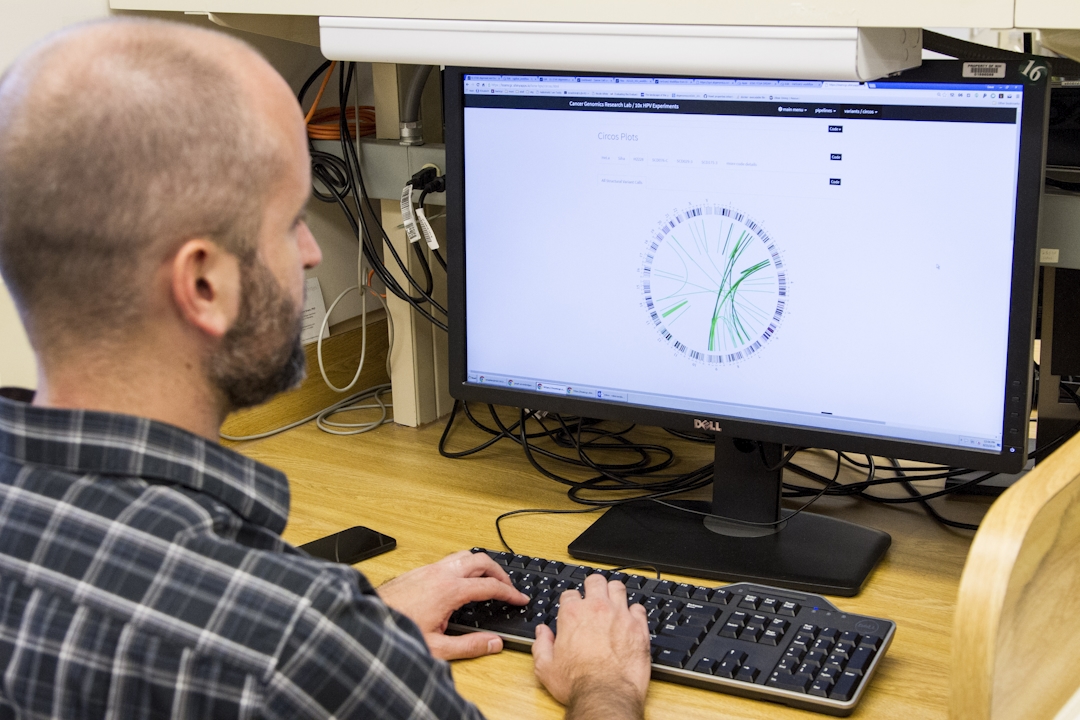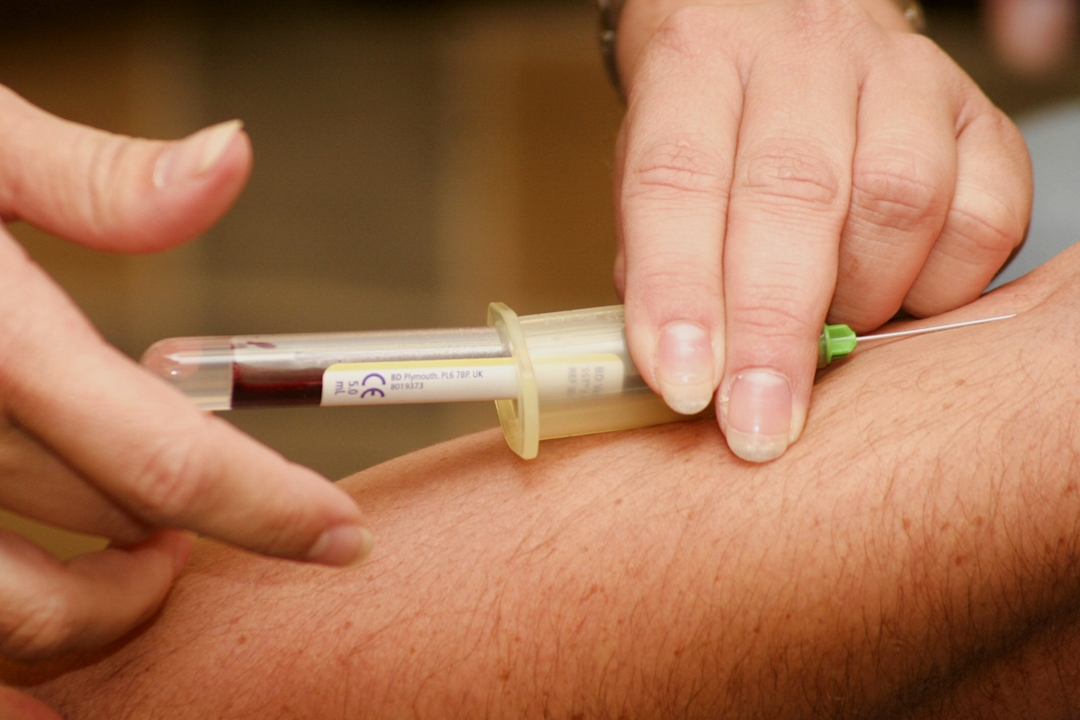
Precision Medicine: Revolutionizing Patient Care Through Personalized Treatments
Discover how precision medicine tailors treatments to individual genetic profiles, transforming healthcare with targeted therapies and improved outcom

Audio Summary
Key Takeaways
- Precision medicine tailors treatments to individual genetic profiles
- Personalized treatments offer improved effectiveness and fewer side effects
- Genetic testing enables better prediction of drug responses and interactions
- Challenges include data privacy and cost concerns
- Advancements in AI and technology promise wider accessibility of precision medicine
The Promise of Precision Medicine
Imagine a world where your medical treatment is as unique as your fingerprint. This is the promise of precision medicine, a groundbreaking approach to reshaping healthcare. Unlike traditional one-size-fits-all treatments, precision medicine considers your genetic makeup, lifestyle, and environment to create tailored therapies. It's like having a custom-made suit for your health instead of buying off the rack. This innovative field combines cutting-edge genetic research with advanced technology to offer more effective treatments with fewer side effects. By analyzing a person's genetic profile, doctors can now predict which medications will work best and which might cause harm. Precision medicine isn't just a far-off dream; it's already making waves in cancer treatment, rare diseases, and other areas of healthcare. As we delve deeper into the human genome, the potential for personalized care grows, offering hope for better outcomes and improved quality of life for patients worldwide.

Precision Medicine: Tailoring Healthcare to Your DNA
Precision medicine is a cutting-edge approach to healthcare that tailor's treatments to each patient's unique genetic makeup. Unlike traditional methods that use a one-size-fits-all approach, precision medicine delves into your DNA to create a personalized treatment plan. This innovative field combines genetic information with other factors like lifestyle and environment to provide more effective care.
The Core of Precision Medicine: At its heart, precision medicine uses advanced genetic testing to identify specific markers in your DNA. These markers can reveal how you might respond to certain medications or treatments. For example: A genetic test might show that you're likely to have severe side effects from a common drug, allowing your doctor to choose a safer alternative. This targeted approach not only improves treatment effectiveness but also reduces the risk of adverse reactions.
Beyond Medication: Precision medicine isn't limited to just prescribing medications; it's transforming how we understand and treat diseases. For instance: In cancer care, doctors can now analyze a tumor's genetic profile to choose the most effective therapy. This level of personalization extends to other areas of medicine, from rare genetic disorders to common conditions like heart disease and diabetes.
As technology advances, precision medicine is becoming more accessible and affordable, promising a future where healthcare is truly tailored to each individual's needs. Think of it as a custom-made health solution, designed specifically for you.

Benefits of Personalized Treatments
Personalized treatments offer a range of benefits that significantly improve patient care and outcomes:
- Increased Treatment Effectiveness: By tailoring therapies to an individual's genetic profile, doctors can prescribe medications more likely to work, reducing time and frustration associated with trial-and-error approaches.
- Fewer Side Effects: Treatments chosen based on a patient's specific genetic makeup minimize adverse reactions.
- Improved Safety: Genetic testing can reveal potential drug interactions or sensitivities before treatment begins.
- Cost-Effectiveness: While initial genetic testing may seem expensive, it can save money in the long run by avoiding ineffective treatments and reducing hospitalizations due to adverse drug reactions.
- Patient Empowerment: Personalized treatments give patients more control over their healthcare decisions. Understanding how their genetic profile influences health often motivates patients to engage in preventive care and make lifestyle changes. This proactive approach can lead to better overall health outcomes and potentially prevent the onset of certain diseases.
- Mental Health Advancements: Personalized treatments show promise in matching patients with the most effective therapies and medications, potentially reducing the time to find effective treatments for conditions like depression and anxiety.
- Hope for Rare Diseases: By targeting specific genetic mutations causing rare conditions, researchers can develop therapies that address the root cause of the disease rather than just managing symptoms.
In summary, personalized treatments offer a more effective, safer, and patient-centered approach to healthcare, promising improved outcomes across various medical fields.

Challenges and Future of Precision Medicine
Current Challenges
- Complexity of Genetic Data: Interpreting genetic information requires advanced expertise and technology and implementation difficulties in healthcare systems not equipped for specialized information.
- Cost Concerns: Genetic testing and personalized treatments can be expensive, and potential creation of disparities in access to care.
- Data Privacy and Security: Protection of sensitive genetic information from breaches or misuse is crucial
- Ethical Considerations: Raises questions about genetic discrimination and potential misuse of genetic information by employers or insurance companies.
Promising Future
- Technological Advancements: AI and machine learning improve analysis of complex genetic data and potential for widespread adoption in everyday healthcare settings.
- Integration with Wearable Technology: Mobile health apps combined with genetic data offer new possibilities for real-time health monitoring and personalized interventions.
- Increasing Accessibility: Decreasing costs and improving technology may broaden access to personalized treatments
Exciting New Frontiers
- Gene Editing Technologies: CRISPR and similar tools could potentially correct genetic disorders at their source.
- Expanding Pharmacogenomics: Promises to revolutionize drug development and prescription practices.
- Growing Understanding of the Human Genome: Offers potential for increasingly targeted and effective treatments.
While challenges remain, the ongoing evolution of tailored healthcare offers hope for a future where medical treatments are as unique as the individuals they serve.

Conclusion Precision Medicine
Precision medicine is revolutionizing healthcare by offering treatments tailored to each person's unique genetic makeup, surpassing traditional one-size-fits-all methods, and providing more effective and safer treatments. This innovative approach works by analyzing a patient's genes, allowing doctors to predict which medicines will work best, identify potentially harmful treatments, and customize treatment plans accordingly. The benefits of precision medicine include improved treatment outcomes, reduced side effects, potential long-term cost savings, enhanced patient control over health decisions, and overall better care. Precision medicine is making significant impacts in various areas, including cancer treatment, management of chronic diseases, and addressing rare genetic disorders. However, despite its promise, precision medicine faces challenges such as data privacy concerns, the complexity of genetic information, and the initial costs of implementation. Looking ahead, the future of precision medicine is bright. Advancing technology is increasing the accessibility and affordability of these treatments, ongoing research promises exciting developments, and there is a growing potential for a truly personalized healthcare system. As this field evolves, it is set to revolutionize our approach to health and wellness, offering hope for more effective, personalized care for everyone and paving the way for a healthcare system that treats each patient as truly unique.
References
- Taher. 'Precision Medicine Explained: Tailoring Treatments to Individual.' LinkedIn. https://www.linkedin.com/pulse/precision-medicine-explained-tailoring-treatments-individual-taher-0arxc
- ICON plc. 'Precision Medicine: How Personalised Therapies are Transforming Healthcare.' ICON plc Careers Blog. https://careers.iconplc.com/blogs/2024-4/precision-medicine-how-personalised-therapies-are-transformi
- Mathur, Sunil, and Joseph Sutton. 'Personalized medicine could transform healthcare.' NCBI. https://www.ncbi.nlm.nih.gov/pmc/articles/PMC5492710/
- Various authors. 'Precision Medicine, AI, and the Future of Personalized Health Care.' NCBI. https://www.ncbi.nlm.nih.gov/pmc/articles/PMC7877825/
- Various authors. 'Revolutionizing personalized medicine with generative AI.' Springer. https://link.springer.com/article/10.1007/s10462-024-10768-5

Related Blog Content

AI in Medicine: Transforming Diagnostics and Treatment Planning
Explore how AI revolutionizes medical diagnostics and treatment plans, enhancing accuracy and personalization in patient care.
Read More
Gene Therapy: Rewriting DNA to Cure the Incurable
Explore how gene therapy revolutionizes medicine, offering hope for previously untreatable genetic disorders and complex diseases.
Read More
From Ancient Remedies to Modern Marvels: Medicine's Epic Journey Through Time
Explore medicine's fascinating evolution, from ancient healing practices to cutting-edge treatments, and the pioneers who shaped healthcare.
Read MoreReady to optimize your biology?
Nutritionaly is free to start. Build better habits, unlock insights, and watch your Bio-Score rise.